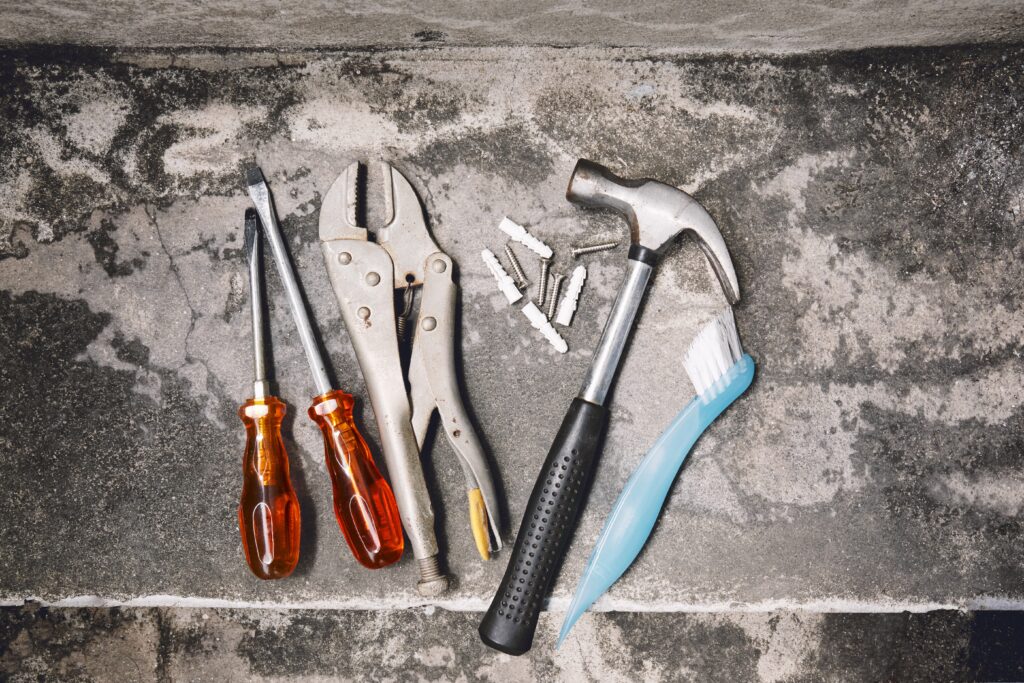When was the last time you really thought about the age of your heating system? Heating units are designed to be durable systems that can last for a decade or two, so it’s easy to put replacement on the back burner. But while they remain efficient for years, homeowners must remember they’re not indestructible. After some time, every boiler, furnace, and heat pump needs replacement like every element of the home. Otherwise, you may face higher energy bills, more repair needs, and a noisy system. Let’s discuss how often you need to replace your heating unit and why you may want to consider it today.
When Should I Replace My Heating Unit?
Your heating system is likely constructed to be tough as nails, but it’ll need to be replaced in the future. Heat pumps have the shortest estimated lifespan of ten years, while furnaces and boilers have a slightly longer life expectancy of 15 years. However, with sufficient care, homeowners have seen their heating systems last 20 or more! Like all machinery, the actual time a heating unit is efficient depends on several factors, including how often it’s used and how well it’s maintained.
Signs Your Heating Unit Needs To Be Replaced.
The life expectancy of your heating unit is simply a general estimate of how long it will last. With closer inspection, you can recognize some tell-tale signs that your heating system needs replacing soon. Look and listen closely to your heating unit for any aging signs.
- Loud noises: Are rattling or buzzing sounds keeping you up at night? An old heater might have a minor malfunction, such as a loose bolt or faulty ignition switch, that causes excessive noise.
- Increased utility bills: An inefficient appliance often leads to higher costs through heat loss and high energy consumption. With lots of use over several years, heaters gradually become slower, resulting in more heat loss.
- Inconsistent heating: If your heater struggles to maintain a consistent temperature within your home, chances are that your boiler needs to be replaced. Several factors cause inconsistent home heating, such as dirty appliance parts, a broken heater component, or reduced air cycling abilities.
- Frequent repair needs: If you continue to call HVAC technicians to repair broken furnace or boiler parts, they probably need replacing. With annual maintenance, your heating unit should remain healthy outside the occasional repair.
- Wear and tear: Rust, corrosion, and cracks are all sure signs that your heating system requires replacement as soon as possible. While deterioration causes inefficient heating, it can also result in hazardous situations like a carbon monoxide or gas leak.
The Importance of Regular Maintenance on Heating Systems.
Heating systems are costly. After all, they’re a massive and essential component of everyday home life. Scheduling an annual heater tune-up is a valuable investment in your heater’s health and safety. Consider these four tremendous benefits of regular heater maintenance.
- Ensures optimal performance: Regular heater check-ups include several steps that help your system produce consistent, quick heat. HVAC technicians use this time to replace air filters, check for leaks, and look for other potential causes of heat loss.
- Avoids future breakdowns: All heating systems develop wear and tear, but regular HVAC maintenance slows the process, effectively reducing the chance of breakdowns. Heater technicians clean essential components and lubricate all moving parts to ensure your heater prospers for the following year.
- Prevents hazardous defects: Your local HVAC technician takes the time to check the connections and pressure on gas-powered systems. This crucial step ensures they’re within the manufacturer’s safety ranges to keep your family safe.
- Saves money: A well-maintained boiler or furnace generally rewards its homeowners with lower utility bills. High-functioning heating units pump out hot air quickly, reducing how much families need to heat their homes and lowering energy consumption.
DIY VS. Professional Heating Unit Replacement.

While you might be a DIY pro at home, HVAC isn’t the time to replace a heating unit yourself. A minor mistake can damage your new heater and diminish its lifespan. In addition to accidental damage, replacing a heat pump, boiler, or furnace can often be dangerous. Heating units require cautious work around electrical units, gas, oil, and combustibles. We understand wanting to save money through this process, but a well-managed heater can reduce your repair and billing costs in the long run.
We recommend avoiding DIY HVAC at all costs. Instead, find a reliable family HVAC team in Rogers to handle the dirty work. Heating and cooling professionals are trained to disassemble, assess, and calibrate heating units safely. They come prepared with safety equipment and years of hands-on experience. Every one of our own technicians is licensed by the city of Minneapolis as verification of their skill and expertise in heating and cooling.
This Season, Secure A Cozy Winter with Expert Heating Maintenance in Maple Grove, MN.
For over a decade, Mike’s Custom Mechanical has ensured Minneapolis homes have reliable heating for the incoming winters. You can also avoid the hidden costs of an old heating unit with proper maintenance and timely heater replacements. Call us at (763) 568-7148 or contact us here to learn more about our residential HVAC services – we can’t wait to serve your family.